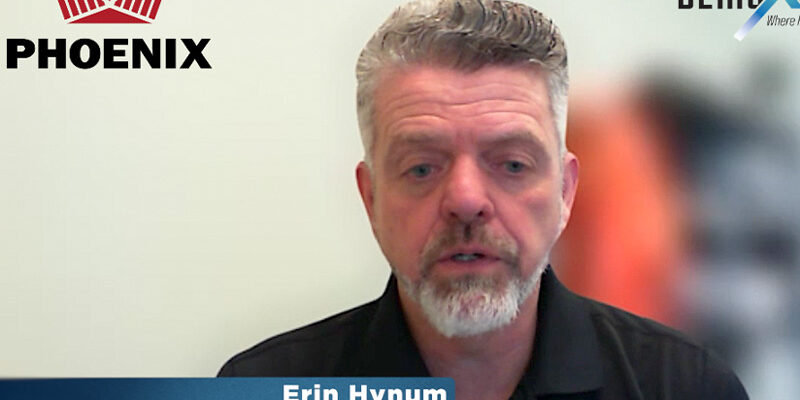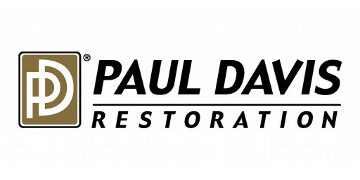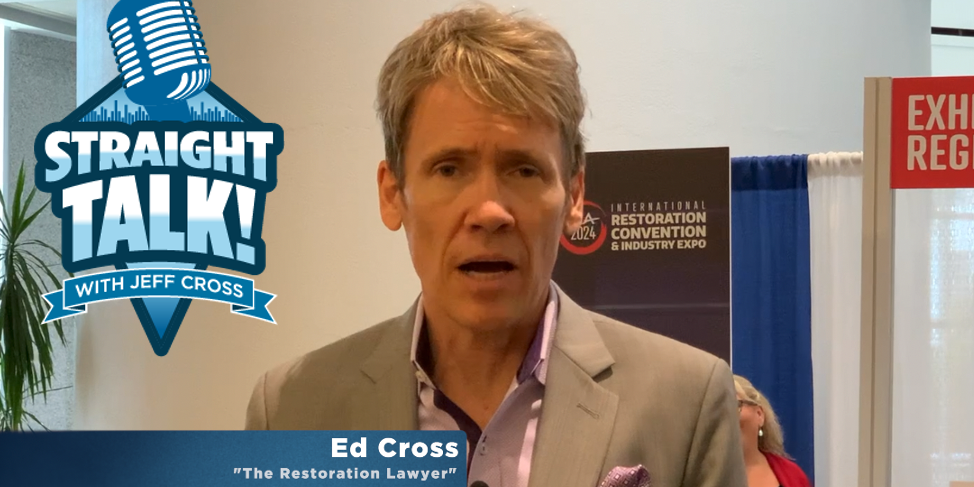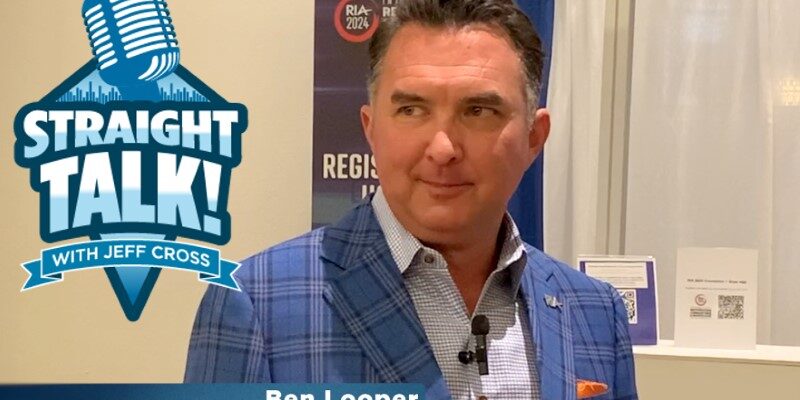How $15,000 in Fines Saved Me Money

Recently, I’ve noticed that the clients I work with are becoming increasingly frustrated with insurance companies. To be specific, those clients feel that insurance companies are becoming harder and harder to deal with when it comes to approving and paying for legitimate damage claims. Let’s take a look at what’s behind this and create a plan to deal with it.
Understanding insurance carriers
Let’s first recognize what an insurance carrier is. Most insurance carriers are not charitable organizations. They are “for-profit” institutions. Insurance carriers are essentially investment companies that obtain money to invest by providing a legalized version of a protection racket. Each year their insureds pay money in the form of “premiums” in return for the “protection” the insurance company provides them. The insurance company gambles that the insureds won’t have a covered event that year, allowing those premium dollars to be invested and generate a reasonable return.
When the economy turns both inflationary and recessionary, earning the expected return on investment becomes more and more difficult. To counter this, the carriers have two options. First, they can increase what they charge in premiums. Second, they can “tighten up” on their claims handling guidelines. If you’ve been in the restoration business for a longer time, you’ve no doubt seen an insurance company stop covering events or procedures that had previously been paid for without question. For the sake of this discussion, let’s address the second scenario.
Tightening up
When disaster strikes, a restoration contractor’s job is to mitigate the damage and/or return the home or business to its pre-loss condition. It’s easy to get lost in objections we receive from claims handlers, but a lot of that is just noise. We need to stay focused and do what we were hired to do by the customer.
Remember, unless we’re under contract via a vendor program, we do not have a contract with the insurance company and are therefore not subject to their rules.
A lesson learned
I was painfully reminded of this many years ago when my attorney and I were sitting in front of an Administrative Law Judge defending my actions after being cited by the Contractors State License Board. I’ll spare you the details, but let’s leave it at this—I lost. The judge admonished me by reminding me that I did not work under insurance company rules; I was to operate under the regulations of the Contractors State License Board.
While I wound up paying approximately $15,000 in fines and attorney fees on a $2,500 dispute, the money that “investment” made me over the ensuing years was immeasurable. It taught me that I had weapons in my holster that I had previously failed to recognize or utilize. Those weapons were the rules we operate by as service providers, whether those rules come from the IICRC in the form of standards such as the S500 and S520, industry publications like them, or from our governing bodies. How can these rules help? Read on.
Leveraging the law
Remember what I said earlier—a restorer’s job is to mitigate the damage and/or return the structure to its pre-loss condition. Additionally, we’ve established that we have rules to play by, as outlined above. The way we make all this work for us is by grabbing a technique used for years by those in sales.
Sales professionals have always known that the best way to overcome objections during the sales process is to be prepared for any objections the customer might throw out and to have a response already prepared for each of those objections.
Why, then, wouldn’t we as service providers use the same technique? We can just as easily anticipate that objections will be coming our way and be prepared to respond to them by using the rules, providing the documentation of those rules, and never being willing to bend or compromise those rules. The carrier still has the option to refuse to pay for the disputed charges, but we have industry standards and the law on our side.
It becomes substantially less likely that a carrier will go to battle with you when presented with the rules you have to play by. Sure, they’ll try to get you to bend or break those rules, but just remember what the judge told me—we don’t work to insurance company standards. Essentially, we serve a higher power than the insurance carrier. We are morally, ethically, and frequently legally bound to do what’s right by the customer.
In conclusion, remember that we’re currently going through inflationary and recessionary times. We can assume that the insurance companies are going to react to this by raising premiums and tightening up on claims handling. But we can’t allow their policies to dictate how we do our job. We must anticipate their objections and be prepared to defend our position using industry standards and the law. Follow these guidelines and the upcoming economic challenges will be a little easier to tolerate.












